Top 10 AI Tools for Small Businesses to Boost Productivity and Growth
Discover the 10 AI tools that can change how small businesses work by making tasks easier, saving time, and helping them grow. These smart tools can handle everyday jobs, free up time by automating repetitive tasks, and provide useful insights for better decisions. Whether it’s improving customer support, boosting marketing, or making things run more smoothly, these AI tools are made to fit the needs of small businesses. Use AI to simplify your work, reduce manual effort, and open up new opportunities for success.
In today’s rapidly evolving business landscape, small businesses are constantly searching for smarter ways to improve efficiency and achieve growth. A powerful approach to achieving this is by adopting AI tools. These innovative solutions can simplify processes, automate routine tasks, and provide valuable insights to support better decision-making. In this article, we’ll highlight 10 top AI tools that can reshape how small businesses operate and drive their success.
1. Chatbots: Improving Customer Support and Engagement
AI chatbots are changing how businesses communicate with their customers. These smart tools quickly answer questions, give helpful tips, and provide support anytime, helping keep customers satisfied. Small businesses can add chatbots to their websites or messaging apps to make it easier to connect with customers. Chatbots respond quickly, reduce waiting times, and make the whole process smoother and more efficient.
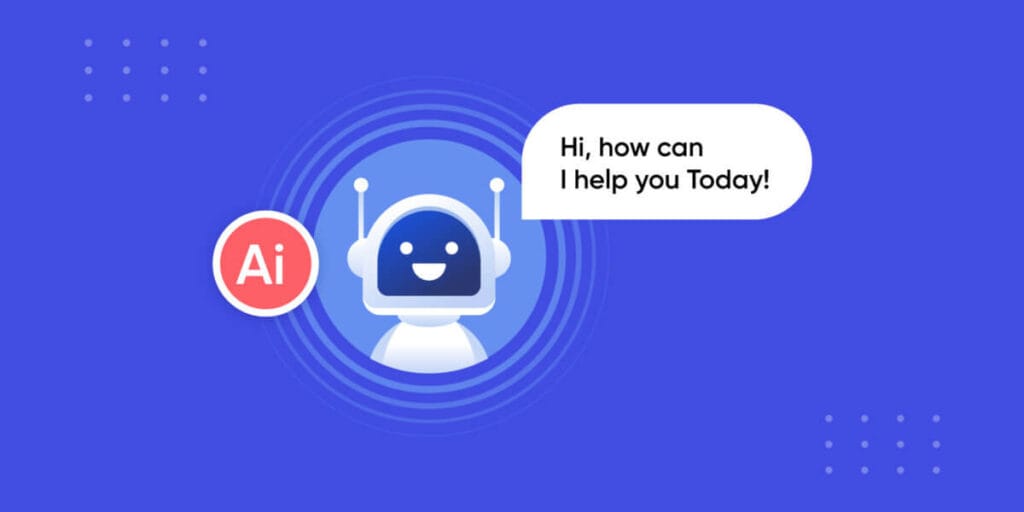
Chatbots take care of simple tasks like answering common questions or helping with orders, which saves businesses time and lets them focus on more important things. For example, a chatbot can help a customer find a product or book an appointment without needing a human. This makes customers feel appreciated and ensures they get quick help.
Chatbots can be customized to match a business’s distinctive voice, making interactions more engaging and relatable. This customization helps businesses build deeper relationships with their customers while staying efficient. For small businesses looking to remain competitive, chatbots provide an easy and effective way to improve customer engagement and ensure a consistently great experience.
2. Virtual Assistants: Streamlining Administrative Tasks
Virtual assistants like Siri, Alexa, and Google Assistant have become indispensable tools for small businesses seeking to optimize their daily operations. These AI-powered assistants can schedule appointments, set reminders, and facilitate hands-free information retrieval, allowing entrepreneurs and employees to manage their tasks more effectively. By delegating repetitive administrative duties to virtual assistants, small businesses can enhance productivity, prioritize strategic initiatives, and maximize time management.
By automating everyday administrative tasks like organizing calendars, sending reminder emails, and managing to-do lists, virtual assistants help small businesses save crucial time. This time efficiency allows employees to concentrate on more important areas of the business, such as customer support, long-term planning, and innovation. With virtual assistants managing the repetitive work, businesses can greatly improve their overall productivity and ensure smoother daily operations. Furthermore, virtual assistants offer versatility and can be adapted to meet the specific requirements of a small business.
In today’s fast-moving business landscape, where effective time management is essential for success, virtual assistants are invaluable assets for small businesses. They streamline administrative processes and help optimize resource allocation, allowing businesses to concentrate on growth, customer satisfaction, and long-term achievements.
3. Marketing Automation
AI-powered marketing tools are changing the way small businesses engage with their customers. By using smart data analysis and machine learning, these tools help businesses offer more personalized experiences. They can automatically send content, special offers, and marketing messages that are customized to each customer’s interests and needs. This makes it easier for businesses to connect with their audience in a meaningful way.
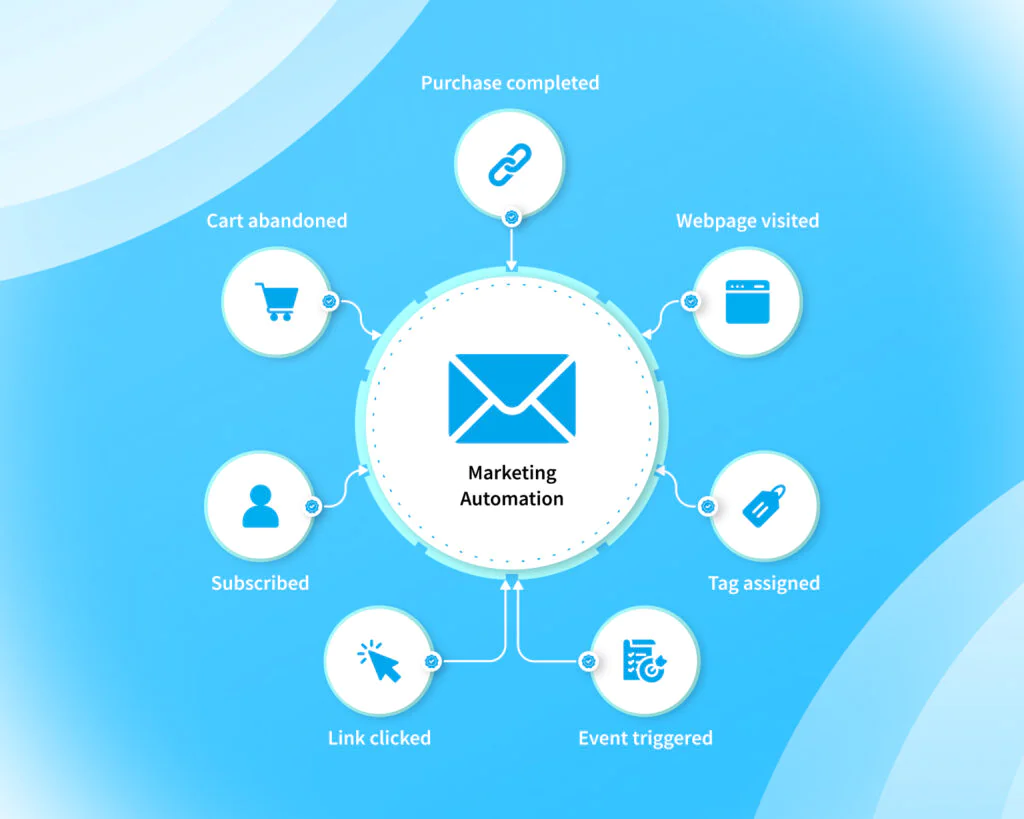
A big advantage of marketing automation is that it helps businesses group customers in a smart way. By analyzing customer information, businesses can sort people based on their buying habits, what they look at online, or other personal details. This lets businesses send the right messages at the right time, making sure customers get information they care about. For example, a business can send custom emails, recommend products, or offer special discounts based on what the customer has done before, which can make them more likely to buy.Marketing automation tools also help businesses keep track of customer behavior and make changes to their strategies as needed.
By automating tasks, small businesses can save time, lower costs, and work more efficiently. This lets them focus on creating stronger connections with their customers. This personal approach helps keep customers coming back and offers opportunities for long-term growth. In a competitive market, marketing automation helps small businesses stand out, achieve lasting success, and easily adapt to changing customer needs.
4. Predictive Analytics
Predictive analytics tools are helping small businesses unlock the power of data to make smarter decisions. These tools use AI algorithms to analyze past data, find patterns, and predict what might happen in the future. By understanding these trends, small businesses can plan ahead, reduce risks, and seize opportunities before they arise. This ability to predict future outcomes gives businesses a competitive edge and allows them to operate more efficiently.
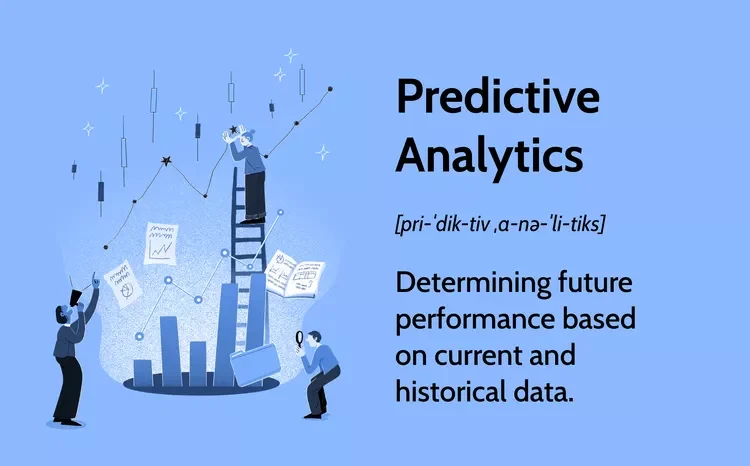
A major benefit of predictive analytics is its ability to predict future demand. By looking at past sales data, businesses can estimate what customers will want in the future. This helps small businesses avoid having too much or too little stock, making inventory management more cost-effective. It also allows businesses to adjust their products or services based on what customers are likely to need later.
Another area where predictive analytics proves valuable is risk management. By analyzing historical data, businesses can identify potential risks, such as financial downturns, supply chain disruptions, or shifts in customer behavior. This allows businesses to take proactive measures, reducing the chances of negative outcomes. In today’s fast-changing business world, predictive analytics provides small businesses with the insights they need to adapt, grow, and thrive.
5. Email Marketing Optimization
AI tools for email marketing are transforming how small businesses approach their campaigns, enabling them to craft more effective, personalized content that resonates with their audience. By using AI algorithms to analyze subscriber behavior and preferences, these tools help businesses tailor their messages to specific customer segments, increasing the chances of engagement and conversions. This personalized approach allows small businesses to deliver the right content to the right people at the right time, enhancing overall campaign effectiveness.
One of the key features of AI-driven email marketing optimization is its ability to predict and adjust send times based on when subscribers are most likely to open their emails. By understanding the optimal times for each individual, businesses can maximize their open rates and ensure their messages reach recipients when they’re most receptive. This kind of data-driven approach helps businesses avoid wasting resources on poorly timed campaigns and boosts the likelihood of a successful interaction.
AI tools also enable businesses to continuously improve their campaigns by analyzing performance data, such as open rates, click-through rates, and conversion rates. These insights allow businesses to refine their email strategies over time, making adjustments to content, subject lines, and call-to-action buttons to increase effectiveness. Moreover, AI can automate repetitive tasks such as segmenting audiences, A/B testing, and tracking customer interactions, allowing small businesses to focus on high-level strategy and creative content.
6. Customer Relationship Management (CRM) Systems
AI-powered Customer Relationship Management (CRM) systems are transforming the way small businesses manage and nurture their customer relationships. These systems enable businesses to centralize all customer data, including contact information, purchase history, and communication preferences, into one easy-to-access platform. By having a comprehensive view of each customer, small businesses can better understand their needs and deliver more personalized experiences that foster loyalty.
One of the most powerful features of AI-driven CRM systems is their ability to automate lead management and sales processes. By automatically tracking interactions and categorizing leads, these systems help businesses prioritize high-value prospects, ensuring that sales teams focus their efforts on the most promising opportunities.Furthermore, CRM systems provide valuable data-driven insights that enable businesses to refine their strategies. By tracking customer satisfaction, engagement levels, and sales trends, businesses can adjust their approach to improve performance over time.
Ultimately, AI-powered CRM systems empower small businesses to create stronger customer connections, drive sales growth, and improve overall business performance. By leveraging customer data, these tools help businesses stay competitive, increase customer satisfaction, and build lasting loyalty.
7. Sentiment Analysis
Sentiment analysis tools, powered by AI, are transforming how small businesses understand and respond to customer feedback. By analyzing customer reviews, social media posts, and other forms of online interaction, these tools help businesses assess public perception and track how customers feel about their products, services, and brand overall. With sentiment analysis, small businesses gain valuable insights into customer attitudes, which allows them to make more informed decisions about their marketing strategies, customer service, and product development.
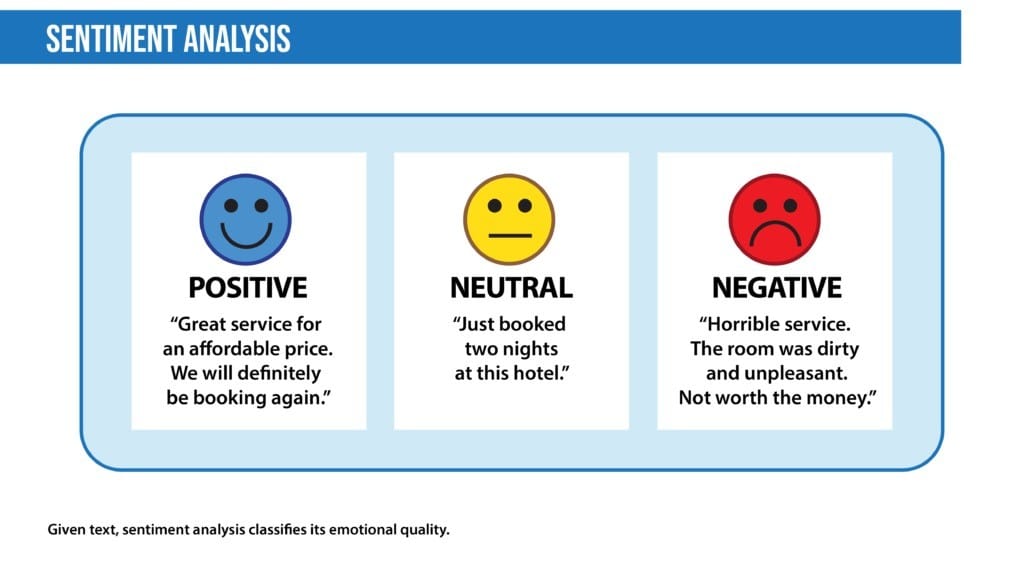
One of the key benefits of sentiment analysis is that it enables businesses to monitor their brand reputation in real-time. By continuously tracking what customers are saying online, businesses can quickly detect shifts in sentiment, whether positive or negative. For example, if there is a sudden spike in negative reviews about a product, sentiment analysis tools can help businesses identify the root cause of the issue and address it before it escalates. This proactive approach not only helps manage brand reputation but also prevents potential PR crises.
Additionally, sentiment analysis helps businesses identify emerging trends. By examining large volumes of customer feedback, businesses can spot patterns and changes in customer preferences, allowing them to stay ahead of the competition. These insights can guide product improvements, marketing campaigns, or even the development of new services that align with customer expectations.
8. Content Optimization
AI-powered content optimization tools are revolutionizing how small businesses approach SEO and user engagement. These tools leverage advanced algorithms to analyze content, identify relevant keywords, and optimize it for search intent, helping businesses create SEO-friendly content that ranks higher on search engines. By integrating the right keywords and structuring content for both search engines and users, businesses can improve their visibility and attract organic traffic to their websites.
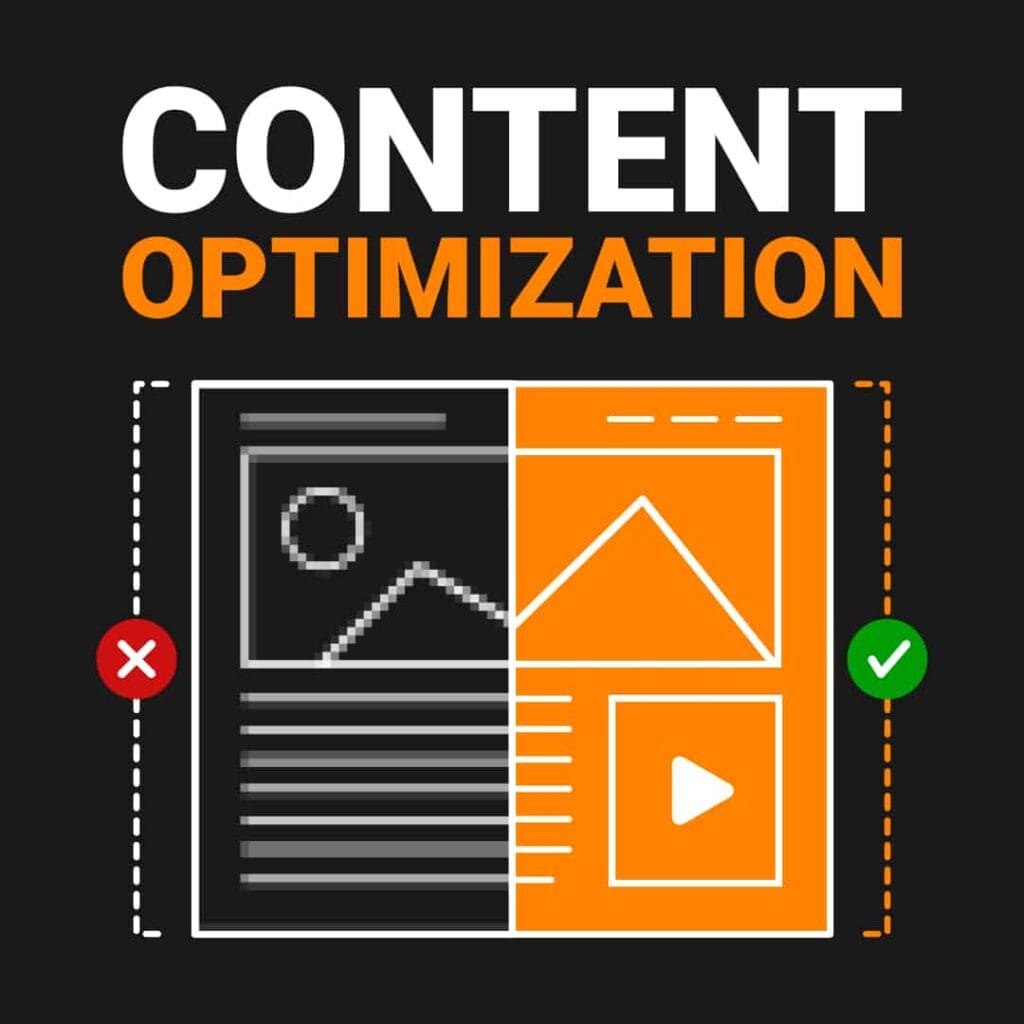
One of the main advantages of AI-driven content optimization is its ability to assess content performance in real time. These tools provide valuable insights into how well content is performing, highlighting areas for improvement, such as keyword usage, readability, and overall relevance. With this data, businesses can refine their content strategy to ensure they meet user needs and optimize for better search engine rankings.
AI tools also enable businesses to craft more engaging and targeted content by analyzing audience behavior and preferences. This helps create compelling narratives that resonate with users, boosting interaction and encouraging conversions. By consistently delivering high-quality, optimized content, small businesses can not only improve their SEO but also establish themselves as industry thought leaders, fostering stronger relationships with their audience and driving long-term growth.
9. Sales Forecasting
AI tools for sales forecasting are transforming how small businesses predict and respond to market trends. These tools utilize advanced analytics and machine learning algorithms to provide accurate sales predictions, allowing businesses to anticipate fluctuations in demand, optimize pricing strategies, and allocate resources more effectively. By analyzing historical data and identifying patterns, AI-driven sales forecasting helps businesses predict future sales, making it easier to plan ahead and adjust strategies accordingly.
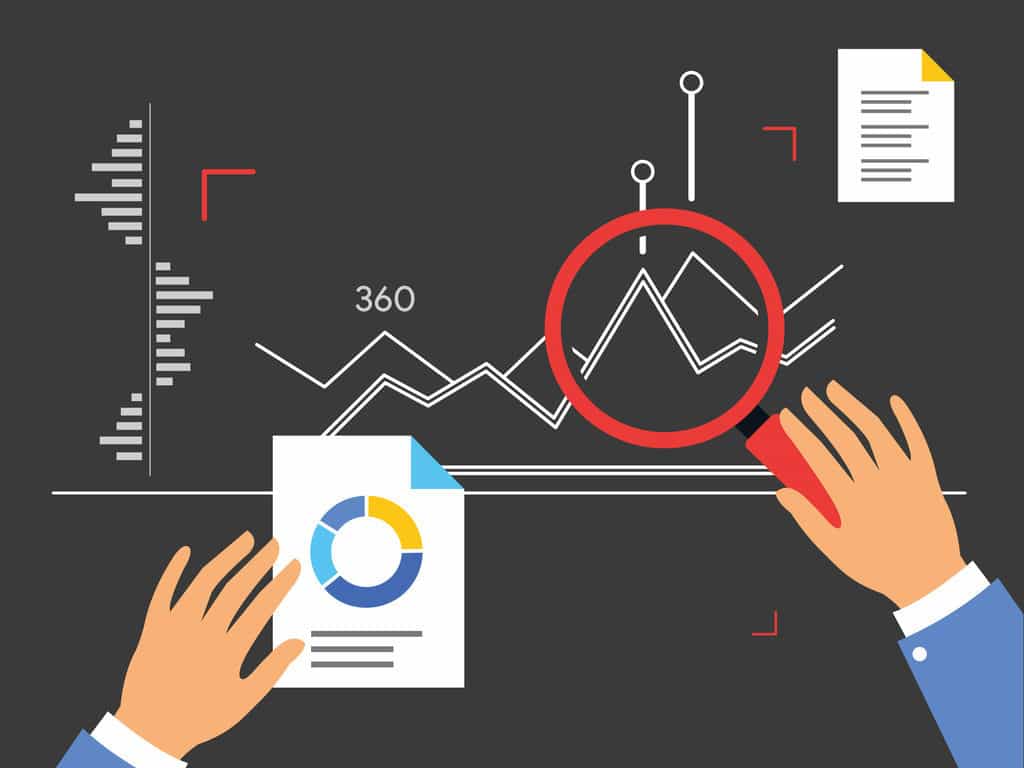
One of the key benefits of sales forecasting tools is their ability to highlight sales opportunities and potential risks. With predictive insights, businesses can spot trends early and take proactive steps to capitalize on opportunities or address potential challenges before they impact performance. This helps optimize revenue streams and ensures that businesses are better equipped to handle market changes.
Moreover, AI-powered forecasting tools help small businesses set realistic sales targets based on data-driven insights. This reduces the guesswork involved in sales planning and enables more informed decision-making. By aligning resources with forecasted demand, businesses can streamline operations, improve inventory management, and reduce waste.
10. Personalization Engines
Personalization engines powered by AI are revolutionizing how small businesses create unique, tailored experiences for their customers. These engines use advanced algorithms to analyze customer data, such as preferences, behavior, and purchase history, to deliver highly personalized recommendations and content. By understanding each customer’s individual needs and interests, small businesses can create engaging experiences that resonate more deeply, increasing the likelihood of repeat purchases and fostering brand loyalty.
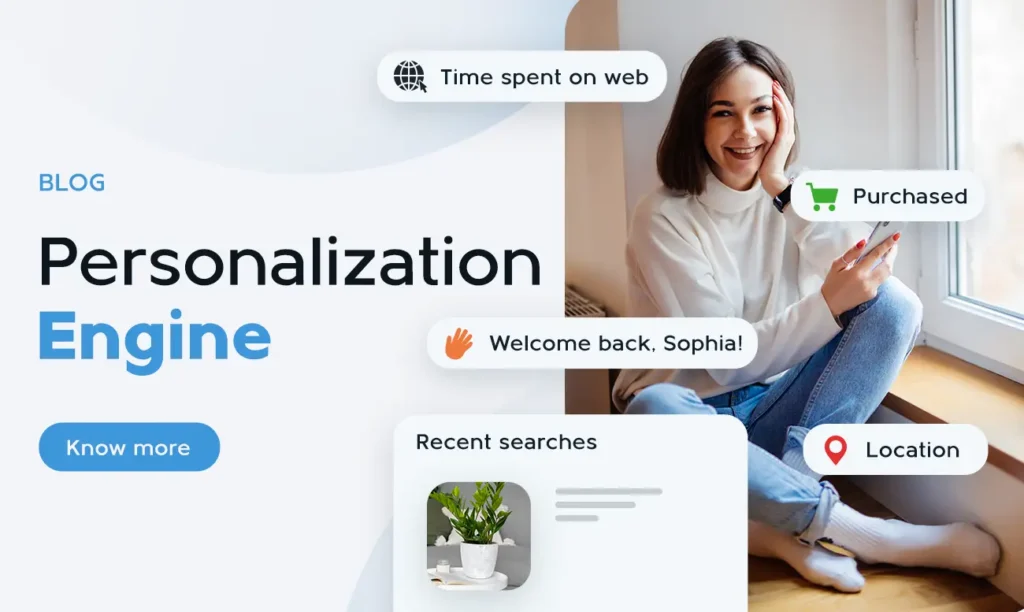
With AI-driven personalization, businesses can craft targeted marketing campaigns that speak directly to their customers, offering products, services, or content that are most relevant to them. This approach not only enhances customer engagement but also boosts conversion rates by delivering content and offers that are more likely to capture the customer’s attention.
Additionally, personalization engines optimize user experiences by adapting the content shown on websites, emails, and even mobile apps based on individual customer interactions. This ensures that customers feel valued and understood, strengthening their connection to the brand.
The Rise of 6G Technology: What to Expect and How It Will Transform the Future You want to know about that !
Conclusion
AI tools have emerged as indispensable assets for small businesses looking to enhance productivity, optimize operations, and achieve sustainable growth in a competitive marketplace. By embracing the transformative power of AI technologies, small businesses can streamline processes, improve decision-making, and deliver exceptional customer experiences that drive success. From chatbots and virtual assistants to predictive analytics and personalization engines, the top 10 AI tools highlighted in this guide offer unique opportunities for small businesses to innovate, adapt, and thrive in an era defined by digital transformation.



1 Response
[…] Top 10 AI Tools for Small Businesses to Boost Productivity and Growth you want to know! […]